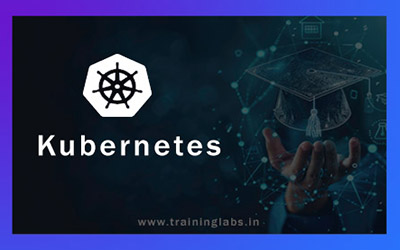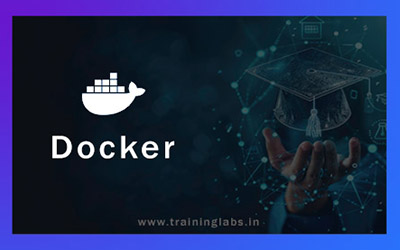Course description
Kubernetes, often abbreviated as K8s, is an open-source container orchestration platform originally developed by Google and later donated to the Cloud Native Computing Foundation (CNCF). The name Kubernetes comes from the Greek word for "helmsman" or "captain of a ship", signifying its role in managing and steering containerized applications efficiently.
With the increasing adoption of containers, organizations require tools to manage multiple containers across distributed environments seamlessly. Kubernetes automates essential tasks such as deployment, scaling, scheduling, load balancing, batch execution, rollbacks, and monitoring. It ensures high availability, optimal resource utilization, and simplified container management.
In this session, we will explore:
- What Kubernetes is and why it is essential.
- The role of Container Orchestration Engines in modern application deployment.
- How Kubernetes compares to other orchestration tools like Docker Swarm and Apache Mesos.
- The benefits of Kubernetes in ensuring application scalability, availability, and fault tolerance.
By the end of this session, you will have a clear understanding of Kubernetes, its capabilities, and why it has become the industry standard for container orchestration.
What will i learn?
- Understand what Kubernetes is and why it is essential.
- Learn about container orchestration and its importance in managing applications.
- Explore Kubernetes features such as deployment, scaling, load balancing, and monitoring.
- Compare Kubernetes with other orchestration tools like Docker Swarm and Apache Mesos
- Gain insights into how Kubernetes helps organizations achieve high availability and fault tolerance.
Requirements
- Basic knowledge of containers and Docker.
- Understanding of cloud computing and virtual machines.
- Familiarity with Linux commands and networking basics (recommended).
Frequently asked question











